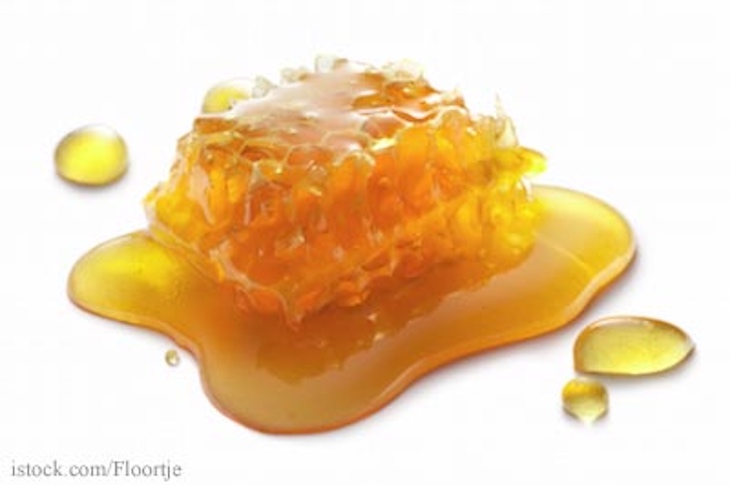The FDA has released data on economic adulteration in honey, from an assignment that was carried out in 2021 and 2022. The agency tested imported honey for what is called economically motivated adulteration, or EMA. Someone can leave out, take out, or substitute a valuable ingredient or part of a food, or can add a substance to a food to make it appear better. So is the honey you buy really pure honey?

Products labeled as honey can contain less expensive sweeteners, such as corn syrup and cane syrup. The FDA tested 144 samples of imported honey from bulk and retail shipments that came from 32 countries, and found that 14 samples, or 10%, were not pure honey. Those shipments were refused entry into the United States and those companies were placed on an import alert.
When companies add these undeclared sweeteners to honey, but label the product “honey,” they lower their production cost, but consumers still pay the full price. This is fraud. Any product containing honey that has other sweeteners must be labeled as “blend,” and not as “honey,” and must have an ingredient statement.
Studies have shown that this adulteration of honey is fairly common. About 13% of the honey in Canada, and 14% in the European Union has been adulterated. Since 70% of the honey sold in the U.S. is imported, this assignment was conducted to find problems.
The countries that import the most honey into America are India and Vietnam. All samples were collected in import status. Stable Carbon Isotope Ratio Analysis was used to analyze the organic composition of each honey sample. When a sample had a carbon isolate value that was not typical to those of real honey, it was classified as violative/noncompliant.
Honey from Yemen and the Dominican Republic, along with Lebanon and Thailand, was violative. Most of the honey imported from India and Vietnam was in compliance.




